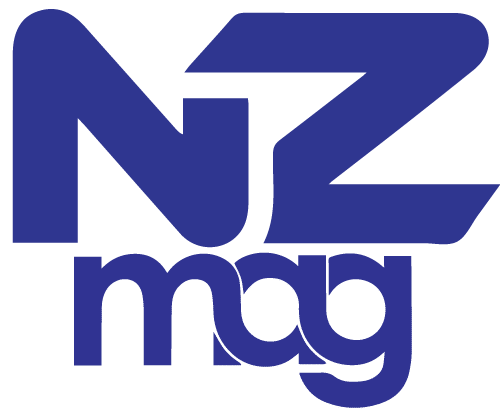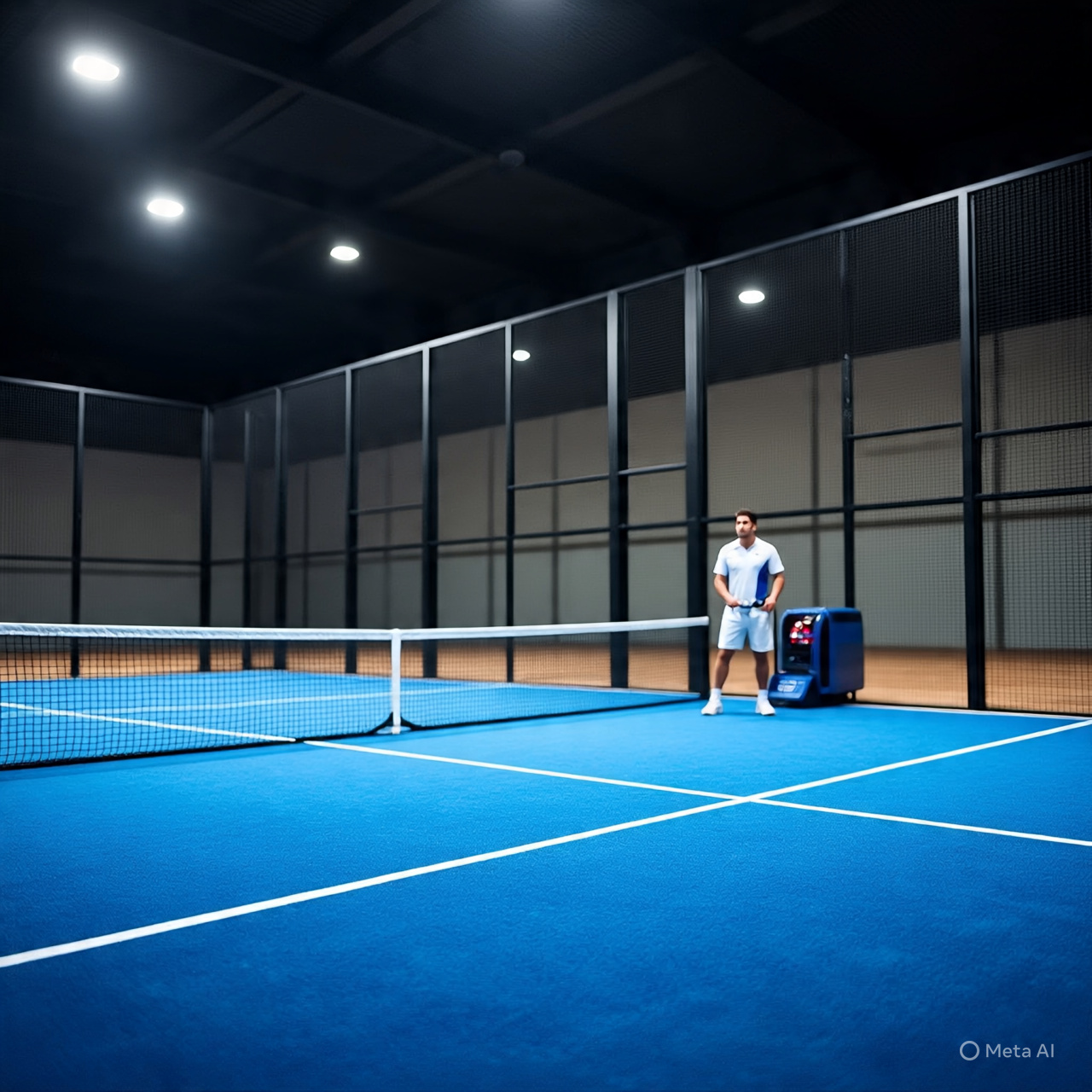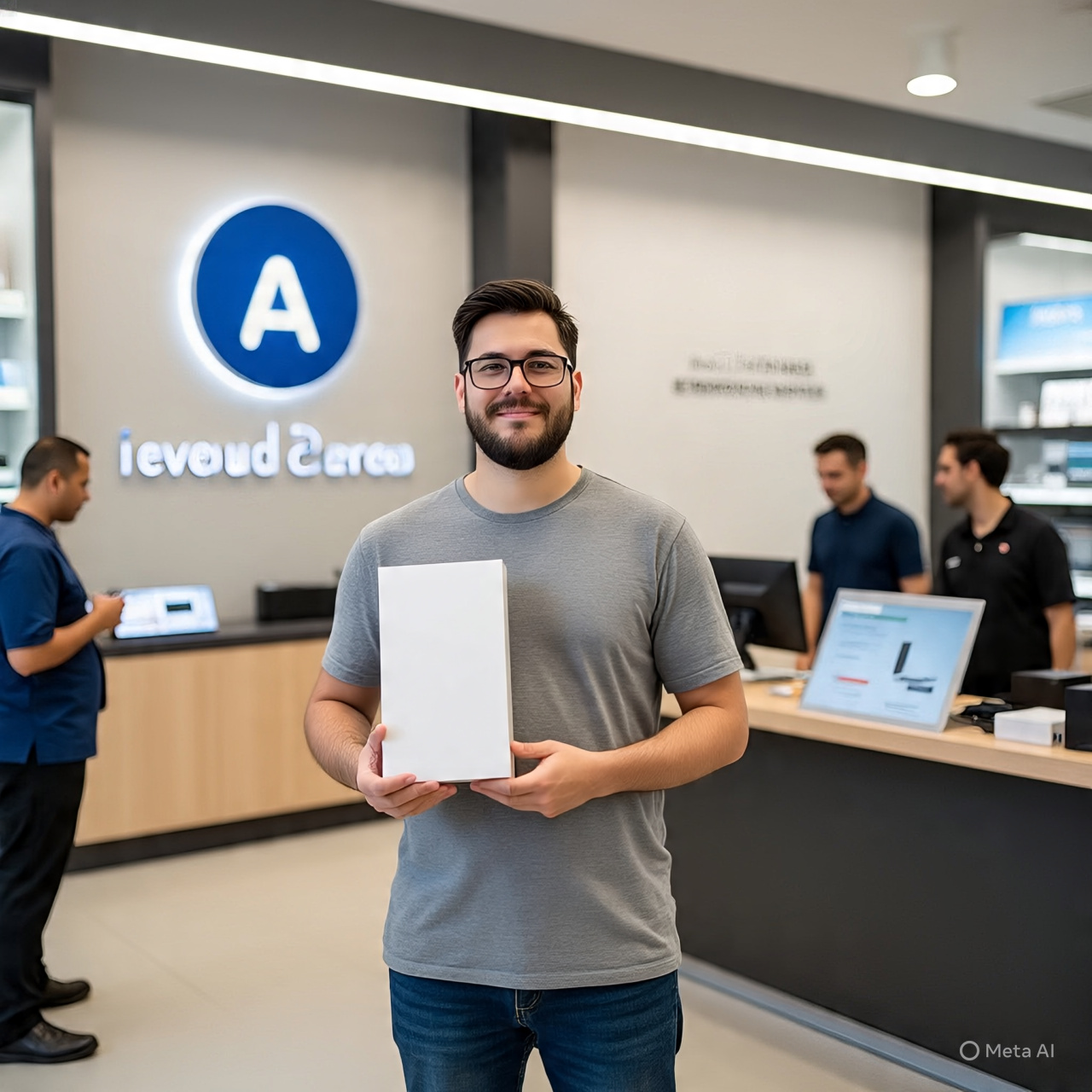Imagine a sport that combines the dynamic rallies of tennis, the walls of squash, and the strategy of chess—then toss in a layer of smart technology. That’s what nlpadel is all about. In 2025, it’s not just a sport; it’s a movement. It’s revolutionizing how people connect, play, and stay healthy across the Netherlands and spreading fast worldwide.
This comprehensive guide explores everything you need to know about nlpadel: its origins, rules, the tech powering it, why it’s booming, and how you can get started.
What Is Padel?
Padel is a racket sport played in doubles on an enclosed court about one-third the size of a tennis court. The rules are similar to tennis, but with a few exciting twists:
- The ball can bounce off glass walls.
- Serves must be underhand.
- Rallies are longer and more strategic.
Now take all of that and add a uniquely Dutch flair—and you get nlpadel, the new wave of play, tech, and community-based sport in the Netherlands.
What Makes nlpadel Different?
NLPadel is a regional and technologically enhanced evolution of padel, centered on community, accessibility, and smart play. While traditional padel is growing globally, nlpadel is redefining it by:
- Integrating AI and sensors to track performance.
- Offering mobile app booking, coaching, and social match-making.
- Embedding sustainability features in court design and materials.
- Building an inclusive space where beginners and experts interact easily.
Let’s break that down.
1. The Rise of Padel in the Netherlands
In the past five years, the Netherlands has seen a massive increase in padel courts—growing from just 30 in 2019 to over 1,000 by 2024. What fueled this?
- Compact Urban Spaces: Padel courts need less room than tennis courts.
- Social Play: Doubles games encourage interaction.
- Low Learning Curve: It’s easy to pick up but hard to master.
- Pandemic Shift: People wanted active, outdoor hobbies post-COVID.
Dutch entrepreneurs saw an opportunity. They didn’t just build more courts—they built smarter ones. Thus, nlpadel was born.
2. How NLPadel Works: The Smart Court System
At the heart of nlpadel is its smart court infrastructure. Here’s what sets it apart:
a. Court Design
- Glass & Mesh Walls: Durable, recyclable materials.
- LED Lighting: Energy-efficient for evening games.
- Modular Assembly: Easy installation even in parking lots or rooftops.
b. Sensor Technology
- Real-time ball tracking
- Heat maps for player movement
- Speed and accuracy analytics
This makes it perfect for both casual players and competitive training.
c. App Ecosystem
- Book courts at your local venue.
- Find matches with players at your skill level.
- Track stats, progress, and match history.
- Join tournaments or casual leagues.
The result? An ultra-connected, modernized sporting experience.
3. Why Everyone Is Playing in 2025
The popularity of nlpadel isn’t just hype—it’s driven by real trends:
a. Health & Wellness Boom
People in 2025 are more fitness-conscious than ever. Padel offers:
- Cardiovascular exercise
- Improved coordination
- Social interaction (essential for mental health)
b. Social Media & Spectator Appeal
The fast-paced nature of padel and compact courts make it ideal for:
- Instagram reels
- TikTok highlights
- YouTube coaching videos
Communities build faster when you can share your fun.
c. Family-Friendly Fun
Unlike tennis or squash, padel courts welcome all ages. You’ll often see:
- Couples on double dates
- Parents teaching their kids
- Seniors staying active with friends
It’s not intimidating—it’s inviting.
d. Eco-Friendly Sports Trend
With growing concern for climate change, nlpadel venues are:
- Powered by solar panels
- Made from recycled surfaces
- Using rainwater for court cleaning
It fits perfectly with 2025’s sustainability goals.
4. Starting Your NLPadel Journey
Find a Local Court
Start with your city’s padel map—many Dutch cities now have smart court directories. The nlpadel app can locate courts near you and check real-time availability.
Get the Gear
You don’t need a lot to begin:
- Padel racket (different from tennis—more compact and solid)
- Padel balls
- Non-slip shoes
- Comfortable, breathable sportswear
Rental options are often available at clubs for beginners.
Learn the Rules
The basic gameplay:
- Played in doubles
- Ball allowed one bounce and can hit glass walls
- Underhand serves only
- Scoring similar to tennis (15–30–40–Game)
Don’t worry—the app often provides tutorials and AI coaching during play.
Join a Group or League
Local clubs frequently host:
- Intro classes
- Women’s leagues
- Family tournaments
- Office team-building sessions
Whether you’re 16 or 60, there’s a place for you in the nlpadel community.
NLPadel and Technology: The Winning Combo
Beyond fitness, nlpadel leverages the best of 2025’s innovations.
AI Coaching
Smart courts record and analyze your performance. The app then offers:
- Shot improvement drills
- Fitness tips
- Strategy suggestions
Think of it as having a coach in your pocket.
Wearables Integration
Many players sync their smartwatches or fitness bands to:
- Monitor heart rate
- Count steps/calories
- Get recovery advice post-match
Gamification
With app-based rankings, badges, and challenges, nlpadel turns exercise into a game. You get:
- Weekly missions (e.g., “win 3 matches”)
- XP points and rewards
- Level-based matchmaking
6. The Business Side of NLPadel
It’s not just a sport—it’s an economy.
Revenue Streams
- Memberships
- Equipment rentals
- Snack bars and lounge cafés
- Paid analytics reports for pros
Job Creation
- Coaches and trainers
- Tech developers
- Facility managers
- Community managers
Event Hosting
Cities like Rotterdam and Amsterdam are now bidding to host international nlpadel tournaments, further boosting tourism and local jobs.
7. Community and Inclusion
Unlike elite sports, nlpadel prides itself on being inclusive. Programs are running for:
- Refugees and immigrants
- School-age children
- Disabled athletes (wheelchair-friendly courts available)
It’s more than just fun—it’s a force for social cohesion.
FAQs About NLPadel
Q1: What is the difference between padel and nlpadel?
A: Padel is the original sport. NLPadel refers to the Dutch innovation layer added to padel, including smart technology, eco-friendly infrastructure, and app-based community building.
Q2: Is nlpadel suitable for beginners?
A: Absolutely. The game is easy to learn, the rallies are fun, and most clubs offer beginner classes. You don’t need prior racket-sport experience.
Q3: Can I play nlpadel alone?
A: While it’s a doubles game, many apps offer solo training sessions with ball machines or allow you to join matches with others of similar skill levels.
Q4: How much does it cost to start?
A: Costs vary, but you can expect:
- Court booking: €8–€15/hour per person
- Racket rental: €3–€5
- Monthly memberships: €30–€60
Clubs often offer first-time deals and group discounts.
Q5: Is nlpadel just in the Netherlands?
A: While it started in the Netherlands, the nlpadel concept is expanding into Belgium, Germany, and the Nordics. Its blend of sport and tech is universally appealing.
Q6: Is it a good workout?
A: Yes! Expect to burn between 400–700 calories per hour while working your core, legs, and upper body. It’s also great for agility and coordination.
Q7: What’s the future of nlpadel?
A: Experts predict:
- Olympic inclusion by 2032
- International club leagues
- Virtual coaching via VR headsets
- AI referees for elite matches
The sport’s growth trajectory looks unstoppable.
Conclusion: Why You Should Try NLPadel Today
Whether you’re a gym-goer bored of treadmills, a tech enthusiast looking for smart fitness, or just someone eager to make friends while staying active—nlpadel is your ticket to a whole new lifestyle.
It’s fun. It’s future-forward. And it’s waiting for you.



